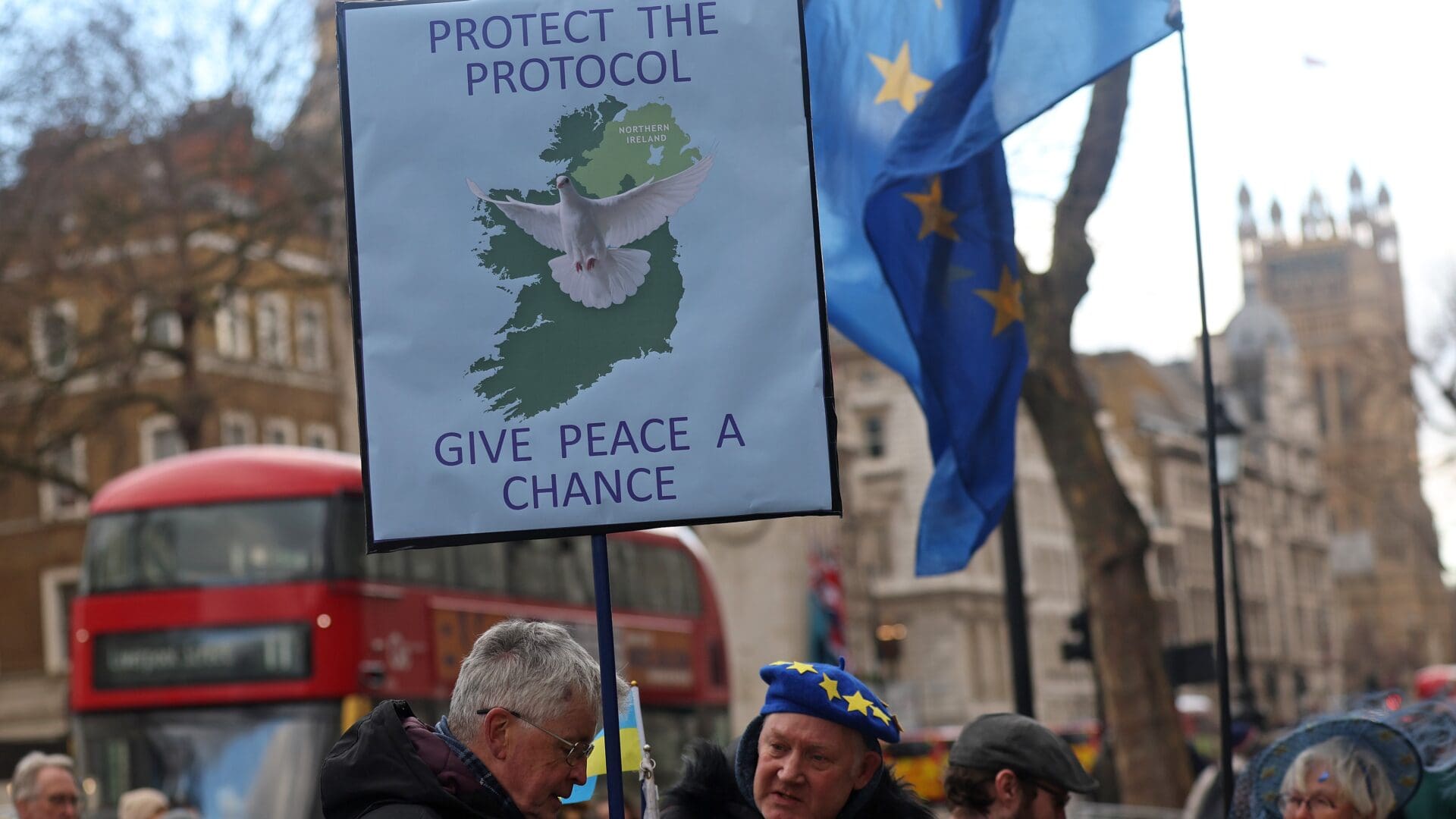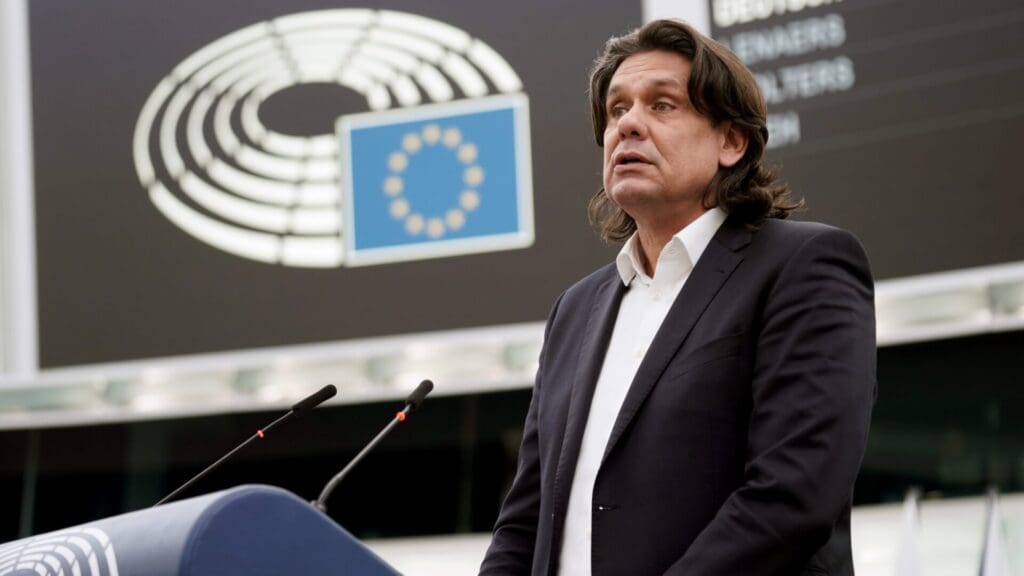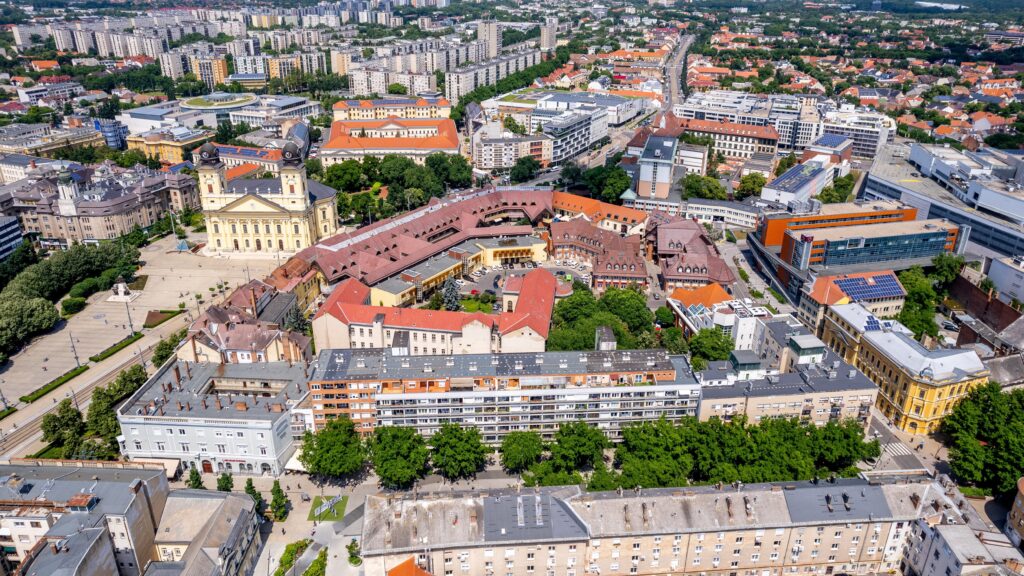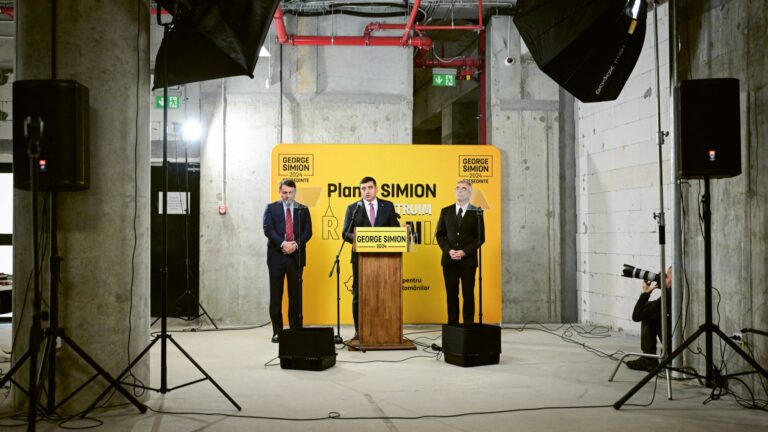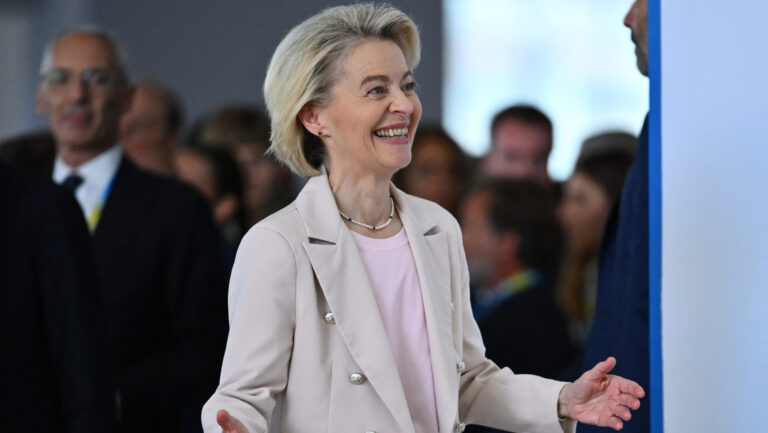The following is a translation of an article written by Balázs Tárnok, Managing Director of Europe Strategy Research Institute, University of Public Service, originally published on Ludovika.hu. (Editor’s note: The article has been updated to reflect the most recent developments.)
The issue of the Northern Ireland Protocol of the Brexit agreement has dominated the news cycle recently. British Prime Minister Rishi Sunak met with President of the European Commission Ursula von der Leyen earlier this week, and finally an agreement between the United Kingdom and the European Union on the amendment of the protocol has been reached after four months of negotiations.
The Northern Ireland Protocol has been an extremely sensitive issue due to the history of Northern Ireland. The Government of Ireland Act established Northern Ireland and partitioned the Republic of Ireland from it in 1921—however, the situation in Northern Ireland was still not settled: between 1969 and 1998, a civil war-like conflict erupted in the region that came to be known as ‘The Troubles’. The violence of the political confrontation was finally ended by the Good Friday Agreement (GFA) in 1998, which aimed to ensure the avoidance of hard borders between Ireland and Northern Ireland.
The Northern Ireland Protocol on the case of Ireland and Northern Ireland signed in 2020 was part of the Brexit agreement, which guaranteed that a controlled border on the island of Ireland between the EU member Republic of Ireland and Northern Ireland, forming part of the exiting United Kingdom, is avoided. The goal of the Protocol was to create a stable and lasting solution that protects the economic unity of the island of Ireland, respects the 1998 Good Friday Agreement, and ensures the integrity of the EU’s single market.
According to the Protocol,
no checks and inspections were carried out at the border between Northern Ireland and the Republic of Ireland,
but customs examinations and inspections of goods entering the territory from other parts of the United Kingdom or any other third country were conducted by the United Kingdom in Northern Ireland ports. The customs border was therefore moved to the Irish Sea from of the island of Ireland—thus, Northern Ireland could remain part of the United Kingdom while simultaneously being a de facto member of the European open market.
In practice, this mechanism made the everyday lives of citizens and businesses in Northern Ireland significantly more difficult. Food supply, for example, proved to be particularly problematic, as the EU’s strict consumer protection requirements caused serious disruptions and shortages in Northern Ireland. Accordingly, London began to undermine the negotiated agreement, saying that the Northern Ireland Protocol needs to be amended and that its implementation cannot be reconciled with British interests on several points. Therefore, in October 2021, Westminster submitted a proposal to the EU to amend the Protocol—however, after tense talks, the unilateral suspension approved by the British was removed from the agenda for a while.
The European Union also tried to respond to the difficulties caused by the practical functioning of the above mechanism. On 13 October 2021, the European Commission proposed targeted measures to make the system more flexible and to ease the daily difficulties that citizens and businesses in Northern Ireland have faced due to Brexit. In April 2021, the Council adopted legislation aimed at ensuring a continuous supply of medicines, and in November 2021 it nailed down that a solution must also be found to the additional difficulties affecting the people of Northern Ireland.
In addition, in the Northern Ireland parliamentary elections held on 5 May 2022, the Irish republican party Sinn Féin, which fights against British rule in Northern Ireland and for the reunification of the island of Ireland, won a historic victory. The largest anti-British Catholic movement in Northern Ireland has won the majority of seats in the Belfast Parliament for the first time since the partition of Ireland a century ago. Since then, the option of unilaterally amending the Northern Ireland Protocol has been placed on the agenda again in London, which the European Commission and several Member States were taken aback to hear.
London presented its proposal to amend the Northern Ireland Protocol in June 2022. While based on the previous legislation, unified regulations applied to goods imported to the whole of Ireland (the goods were checked at ports in Northern Ireland on arrival, which could then be freely moved into the Republic of Ireland once checked), according to the proposal of the Brits that has now been adopted,
the goods will be split into two different lanes
and a separate procedure will apply to those destined only for Northern Ireland (Green Lane), and to those delivered to the Republic of Ireland and the rest of the EU (Red Lane). Whereas the former will be exempt from checks and customs examination, the latter will undergo full customs control.
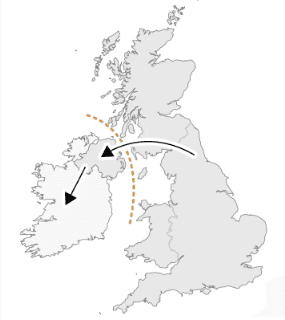
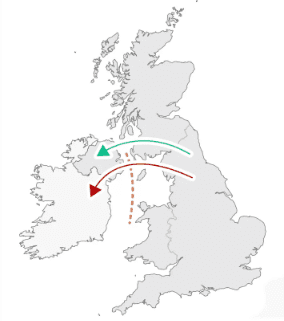
PM Rishi Sunak announced on 28 February that the Ireland Protocol has been replaced by the Windsor Framework, as Hungarian Conservative reported earlier this week.
🧵We have replaced the original Northern Ireland Protocol and announced the new Windsor Framework.
— Rishi Sunak (@RishiSunak) February 28, 2023
What's changed? Firstly, the Green Lane
❌ Before: Lengthy paperwork
✅ Now: Simple digital declaration
We’ve removed any sense of a border in the Irish Sea. pic.twitter.com/HYkYZeXUvL
Negotiations between the European Union and the United Kingdom had restarted in October 2022n and the parties were determined to reach an agreement soon, as this April will be the 25th anniversary of the Good Friday Agreement.
Besides, the agreement was also necessary in order to resolve the internal political crisis in Northern Ireland as soon as possible. According to the 1998 Good Friday Agreement, the formation of the Northern Irish Government requires the participation of the biggest Catholic and Protestant parties at all times, that is, currently Sinn Féin and the Democratic Unionist Party. However, the latter already stated after the May 2022 elections that it will block the establishment of a government based on the separation of powers of different denominations until the issue of the Northern Ireland Protocol is resolved.
At the meeting of the General Affairs Council on 6 February 2023, Maroš Šefčovič, Vice-President of the European Commission for Interinstitutional Relations and Brexit negotiations, informed the ministers about the ongoing negotiations between the EU and the United Kingdom, and the Council assured the Commission of its full support for the continuation of the talks.
On 17 February, British Prime Minister Rishi Sunak held talks with the leaders of Northern Ireland’s political parties in Belfast, and a day later, he met with Ursula von der Leyen, President of the European Commission, at the Munich Security Conference. After the meeting, Sunak said that ‘there isn’t a deal that has been done—there is an understanding of what needs to be done’. Sunak and von der Leyen then met again during the EC President’s UK visit this week and the rest is history. Sunak has said that there will be a House of Commons vote about the Framework ‘at the appropriate time’ and that vote will be respected.
Click here to read the original article

